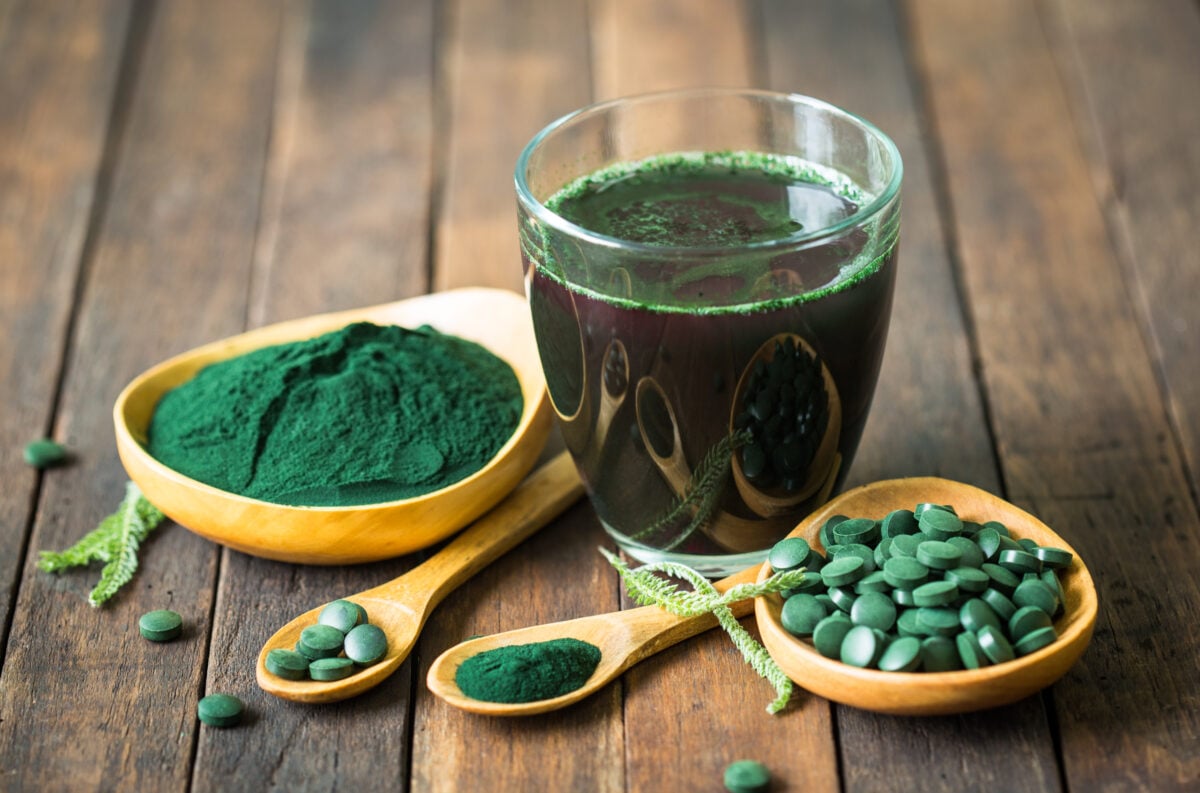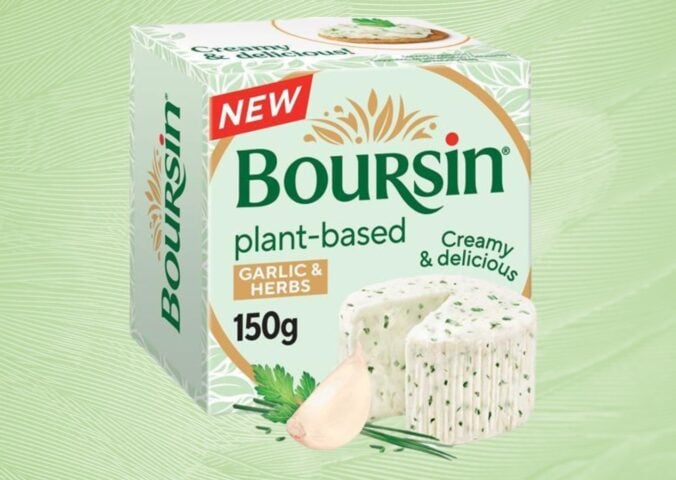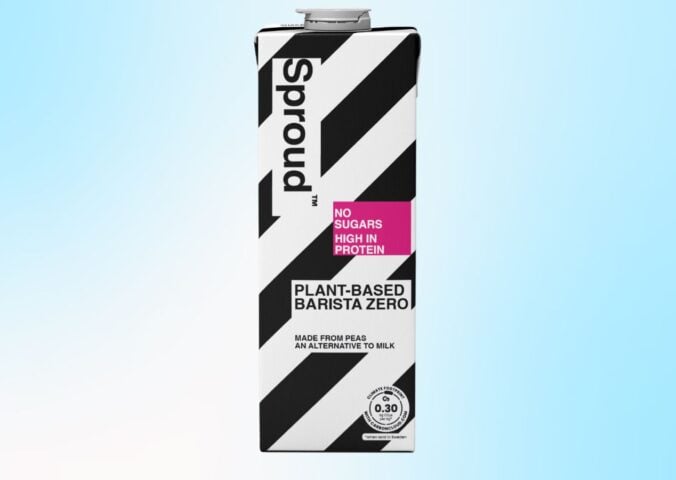A new report unveils how a variety of lab-grown spirulina contains comparable levels of biologically active B12 to beef.
Read more: Start-Up Raises €2 Million For Plant-Based Microalgae Protein
In a report published in Discover Food, Dr Asaf Tzachor – the Founder and Academic Director of the Aviram Sustainability and Climate Program at Reichman University and lead study author – details how state-of-the-art biotechnology cultivated B12-rich spirulina.
This breakthrough could help to combat B12 deficiency (one of the most common of all micronutrient deficiencies) while substituting sustainable, nutritious spirulina for meat and dairy products, which the team notes have “substantial environmental ramifications.”
Traditional spirulina is a blue-green algae rich in protein, vitamins, and minerals. But while the nutrient-dense plant contains plenty of vitamin C, D, B6, iron, calcium, and magnesium, it doesn’t contain any biologically active B12, which is the kind used by the human body.

But scientists have now found a way to cultivate B12-rich spirulina. “In one scenario, by re-allocating the electricity currently consumed by heavy industry, Iceland could produce 277,950 tonnes of Spirulina biomass per year, which translates into approximately 4555 g per year of active vitamin B12, able to meet the recommended dietary allowance (RDA) of over 13.8 million children aged 1-3,” says the report.
Read more: Vitamin B12: The Ultimate Guide For Vegans And Vegetarians
Spirulina and positive health outcomes
Tzachor and his team compared their cultivated spirulina to beef because of the two foods’ closely matched protein, amino acid, and bioavailable iron content, as well as B12.
They also use the comparison to highlight the difference in health outcomes between plant-based and animal-derived ingredients. For example, there are many health risks associated with beef consumption, but myriad health benefits associated with spirulina.
Earlier this year, a review published in Nutrients found that spirulina showed potential for mitigating heart disease and diabetes risk. The study noted that several existing reports highlighted the “beneficial action” of spirulina by “preventing or, at least, limiting cardiovascular risk factors such as high blood pressure, hyperglycemia, and hyperlipidemia.”
Read more: Just Two Slices Of Ham A Day Raises Type 2 Diabetes Risk, Major Study Finds






